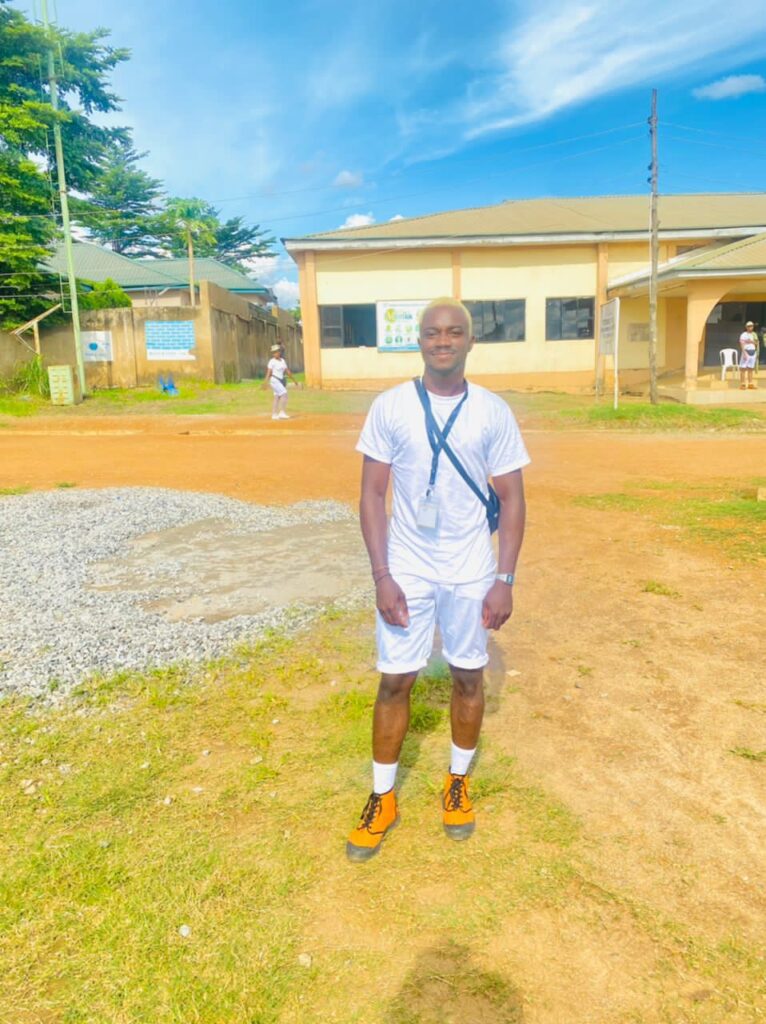By Joy musa
Enugu State authorities and locals in the Imilike Ani area of Nsukka have been embroiled in controversy following allegations against Nnamdi Mbah Victor, a native of the region. Victor, who had been residing in Borno State, reportedly faced violent backlash after being caught engaging in a consensual homosexual act on February 28th, 2023. The incident, which highlights the peril faced by LGBTQ+ individuals in certain regions of Nigeria, has drawn widespread attention.
According to Victor’s account, locals discovered him and his partner during the act, triggering immediate mob action. “They started beating me, and they almost killed me,” Victor stated. During his attempt to escape, he was struck with a large stone but managed to flee the scene. However, his partner, who was still at the location, was reportedly killed by the mob.
In the aftermath of the attack, Victor’s home in Borono was set ablaze by the enraged crowd. Victor has since gone into hiding, as local authorities allegedly declared him wanted due to his sexual orientation. The Pechilly Investigative group has confirmed that Victor’s criminal status stems from his homosexuality,Victor’s ordeal did not end when he fled to the northern region of Nigeria, seeking refuge from the hostility he faced in his hometown in Enugu State. Upon arriving in Borno State, he hoped to evade the mob violence and persecution he had experienced in the East. However, his troubles only worsened.
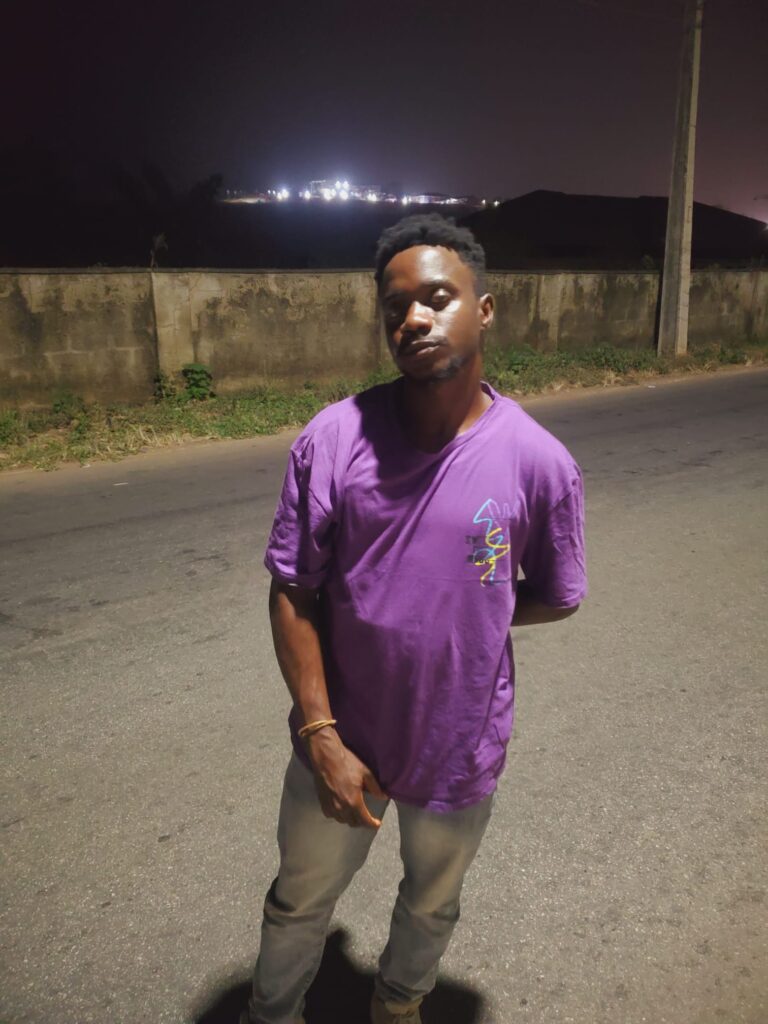
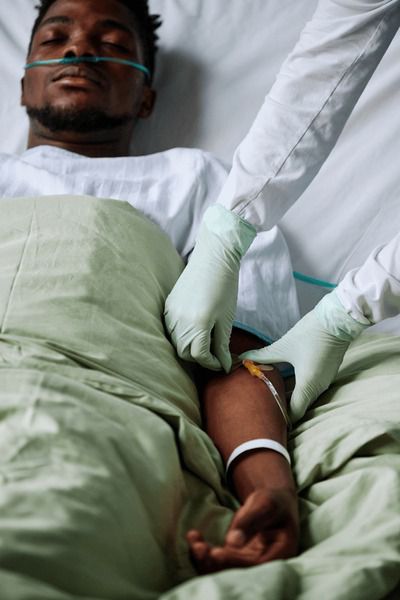
In Borno, Victor was reportedly recognized by members of the local community, and rumors of his sexual orientation quickly spread. On another occasion, a group of people allegedly confronted him about his past, leading to a violent assault. “They beat me mercilessly,” Victor recounted, describing the harrowing experience.
During the assault, his belongings were searched, and the mob discovered an identification card linking him to the Indigenous People of Biafra (IPOB), a separatist group outlawed by the Nigerian government. The discovery of the ID card escalated the situation. Already enraged by his alleged homosexual act, the mob’s fury intensified upon finding evidence of his affiliation with IPOB.
Reports indicate that the beating grew more severe after the card was uncovered, with some of his attackers accusing him of not only committing what they deemed an “abominable act” but also being a “threat to national unity.” Victor barely managed to escape with his life once again, though he sustained serious injuries in the process.
Victor’s current whereabouts remain unknown as he continues to flee persecution, both for his sexual orientation and his political associations. His case reflects the complex intersection of cultural, legal, and political tensions in Nigeria, where LGBTQ+ individuals and those associated with dissenting movements often face disproportionate and violent reprisals.
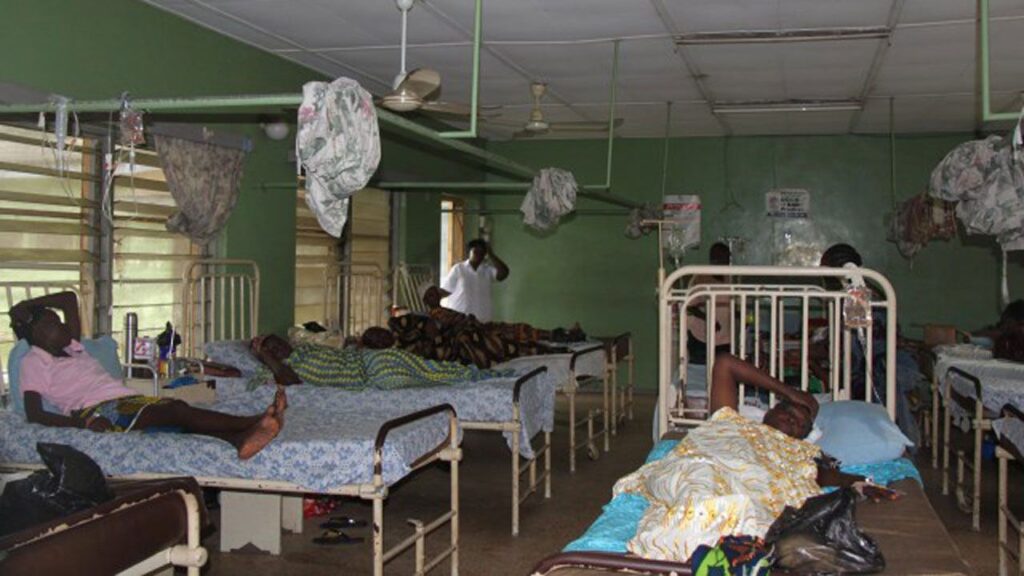
Victor’s plight underscores the harsh realities of life for many marginalised groups in Nigeria. In many parts of the country, homosexuality is not only illegal but socially stigmatised, leading to mob violence and extrajudicial actions. Simultaneously, individuals perceived as sympathetic to IPOB or other separatist movements face scrutiny, violence, and prosecution under the Nigerian government’s clampdown on dissidence.
Victor’s story is a sobering reminder of the dangers faced by those caught at the intersection of multiple forms of marginalization. Human rights advocates continue to call on Nigerian authorities to uphold the rule of law and protect the rights of all citizens, irrespective of sexual orientation or political affiliation. However, in a nation deeply divided along cultural, ethnic, and ideological lines, the path to justice and equality remains fraught with challenges.
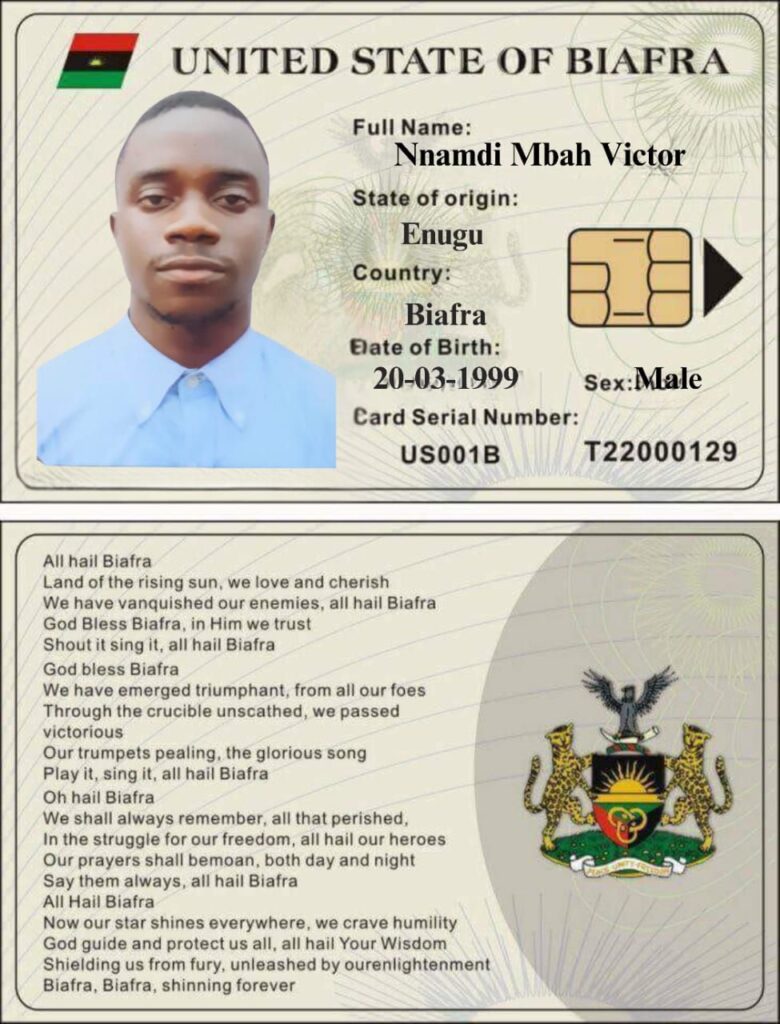
International organizations have expressed concern over Victor’s case and others like it, urging Nigeria to address systemic issues of intolerance and violence. For now, Victor remains a fugitive, fearing for his life, as he navigates a country where his identity and associations have made him a target.
Same-sex relationships are criminalized in Nigeria under the Same-Sex Marriage (Prohibition) Act (SSMPA) of 2014, which prescribes harsh penalties for those found guilty. In many communities, homosexuality is not only illegal but considered an abomination that justifies violent punishment. This legal and cultural environment leaves LGBTQ+ individuals vulnerable to persecution, mob violence, and social ostracization.
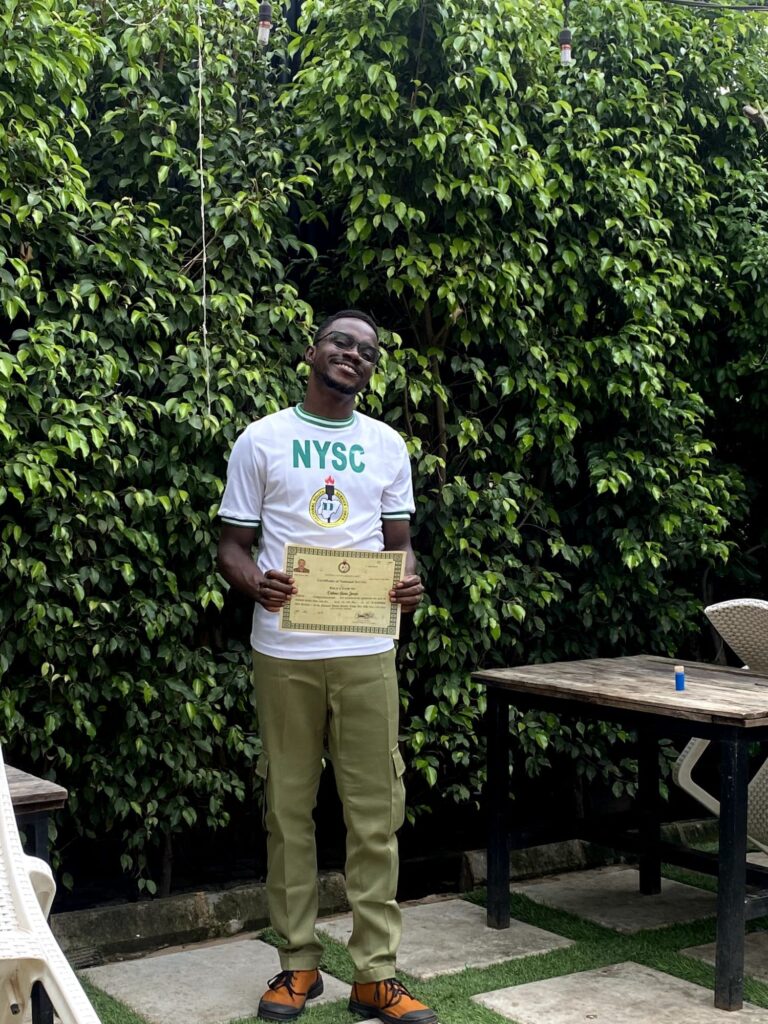
Victor’s situation underscores the challenges faced by LGBTQ+ individuals in Nigeria, where societal and legal frameworks offer little to no protection. Human rights organizations have repeatedly called for reform of the SSMPA, arguing that it fosters discrimination and violence.
As of now, Victor remains in hiding, fearing for his life. His case has reignited debates on the safety and rights of sexual minorities in the country, as well as the urgent need for advocacy and international intervention to ensure basic human rights for all.
